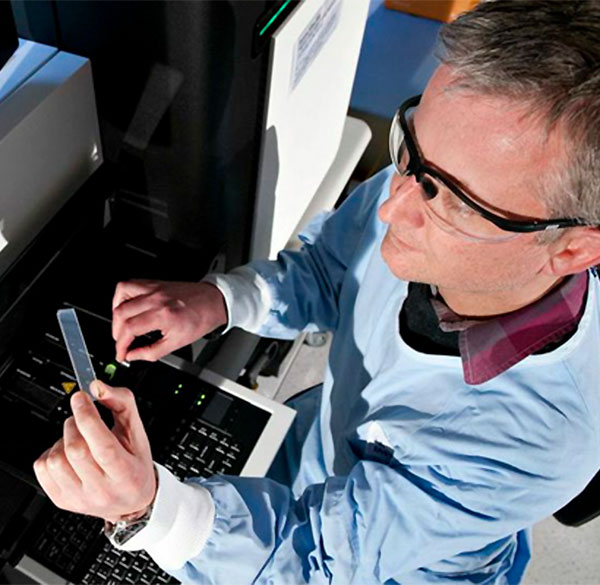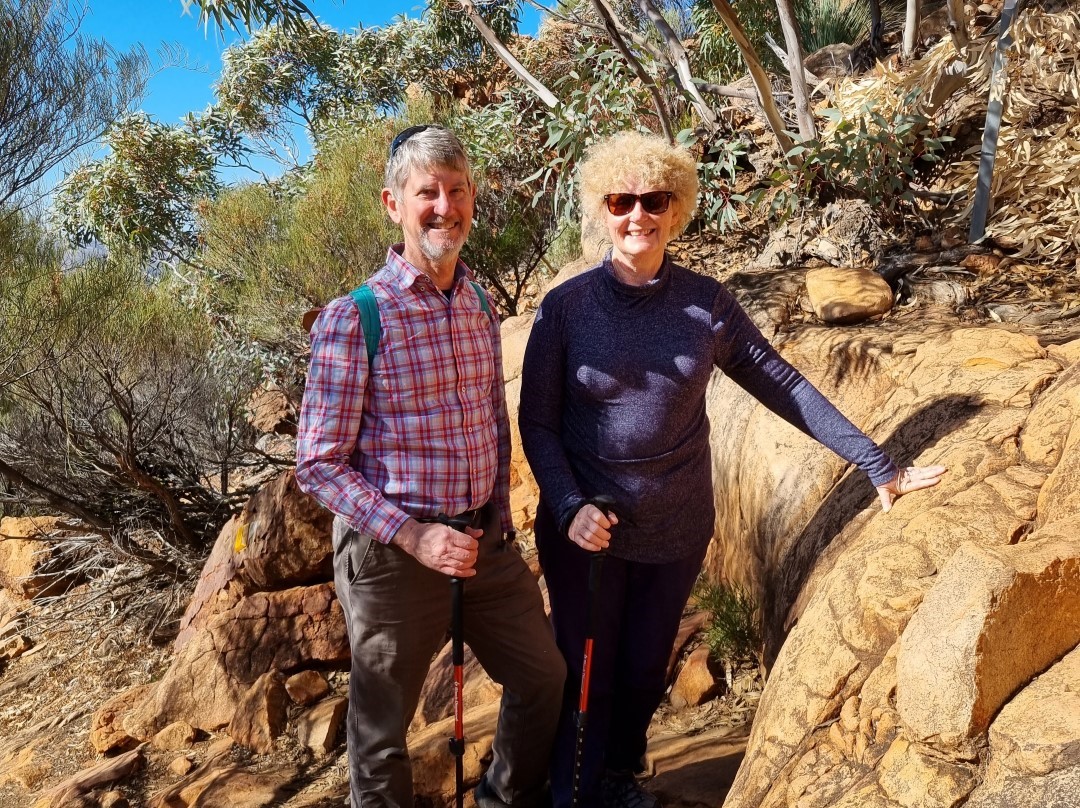
Thanks to the McCleary Murchland Fellowship, UniSA researcher Dr Guillermo Gomez has secured significant additional funding. His expanded team is looking at a new treatment for glioblastoma, the most aggressive form of brain cancer with a survival rate of just 15 months.
Alice McCleary and Peter Murchland could be described as “active philanthropists”. Not content to make general donations, they are quite specific about the causes they support, and their inspiration comes from many sources.
“My view has always been that you can scatter your money around, but if you really want to have any say in what's done and the effectiveness of it, it's better, if you can, to give a lot of money to one place,” says Alice. “Yes, it's a risk because it might not work, but at least then you can help direct the course of research a little and have a much greater impact.”
And in the case of the McCleary Murchland Fellowship awarded to Dr Guillermo Gomez, the impact has grown exponentially.
Dr Gomez’s application of cutting-edge technologies, including artificial intelligence, to identify how tumours reprogram healthy cells in the brain to support their growth particularly appealed to Alice and Peter.
Peter’s daughter Ruth was diagnosed with breast cancer and underwent surgery, chemotherapy, and radiotherapy. After a period of recovery, she returned to work but started experiencing headaches and other issues after just three days. Scans revealed that she had widespread metastases in her brain. “She had six weeks of life beyond that,” says Peter. She was just 39.
Ruth was a Pharmacy graduate of UniSA and at the time of her illness, was exploring the benefit of a community mental health team having a pharmacist on board. In a touching twist, at the time of her graduation in 2003, Alice was Deputy Chancellor of UniSA and presented Ruth with her testamur when she crossed the stage.
“The brain has a very strong mechanism to protect itself,” says Peter. “Getting medication across that blood-brain barrier can be particularly difficult.”
It was not only the couple’s personal experience but also Peter’s professional exposure to the university research sector through his work in IT that directed their involvement. He was well aware of the reliance of research on funding and that it rarely covers all the costs and overheads or supports early- or mid-career researchers.
This led to discussions with Deputy Vice Chancellor: Research and Enterprise Professor Marnie Hughes-Warrington AO and Professor Stuart Pitson from the Centre for Cancer Biology (CCB) regarding how a Fellowship could be of benefit.
“They could tell that we understood the value of supporting a researcher and thinking about the stage of their career,” says Peter. “We selected Dr Gomez based on what he was working on, but also the fact that without further funding at that time, his activity would come to an end.”
Using the McCleary Murchland Fellowship as a springboard, Dr Gomez’s research attracted additional funding, culminating in $1.9m of National Health and Medical Research Council (NHMRC) funding. The second largest NHMRC grant in Australia at the time, success was a rare feat for a mid-career researcher.
“Alice and Peter were there ahead of the NHMRC,” says DVCRE Prof Marnie Hughes-Warrington. “They backed the leading edge of research, and we have every reason for this to continue to grow and to change cancer research nationally and internationally.”
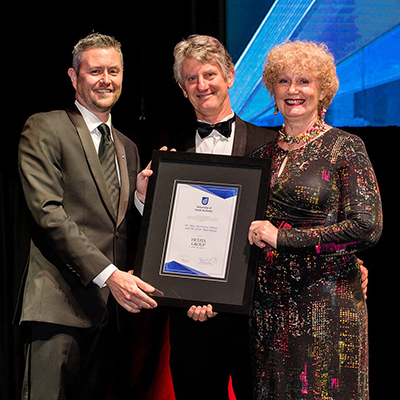
“If I'd given this as a bequest, I couldn't have ever told this story,” says Peter. “So, I encourage others to consider donating and to realise that there are a range of different ways that benefit might arise. There’s the research itself and the beneficiaries of that but encouraging others to make a donation can contribute to advancing a career and, in this case, the opportunity is now for a team of six.”
Invited to visit the CCB, Alice was impressed to find Dr Gomez’s team is made up entirely of women “doing stuff that no one else is”.
“They're all pretty excited about where they're going. They're very confident they're going to get to their research goals and be able to make medicines for people to help their brain cancer. So that's a marvellous outcome.
“They're not experimenting, trying to create new drugs. They're actually testing existing ones against your own cells,” says Peter. Brain cells can be taken during surgery, and a bespoke treatment is prescribed for each patient. “After surgery, the patient needs at least a month to recover before the next step, so there is time to work out the most effective treatment for each person.” Dr Gomez’s use of AI in his approach particularly appeals to Peter.
Alice takes inspiration from renowned philanthropist the late Dame Elisabeth Murdoch – give because it’s fun, choose your causes and get involved.
“When you get married at our age, most of the things you've done in your life would be by yourself or with someone else,” she says. “We wanted to do something together to make a mark.”
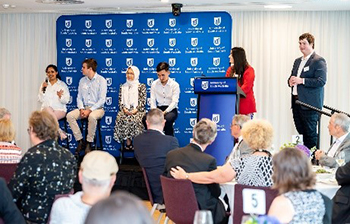
Buoyed by the impact of the Fellowship, the couple continues seeking opportunities. Motivated by one of the students who spoke at a recent lunch for donors to UniSA, then and there, they decided to provide funding to purchase fully optioned laptops that will be made available to high-achieving refugee and regional or remote students. A high-achieving product of a small country school, Alice despairs the assumption that regional students are less worthy. “There's no reason why people in the country are not as smart as people in the city. We do so much for people who are good at sports, but we’re nowhere as good at fostering people who are smart.”
In addition, Alice has provided a gift in her Will to research ways to avoid situations resulting in the domestic abuse of children when their mother re-partners.
Currently, the couple are looking at other areas to support based on their lived experience. It could be research into Parkinson’s Disease, assisting women through menopause, or Alzheimer’s Disease.
“I think we'll end up going with something that is quite a new idea. Maybe something quite out of left field,” says Alice.
You will find more information on donating to UniSA research or leaving a gift in your Will on our website.
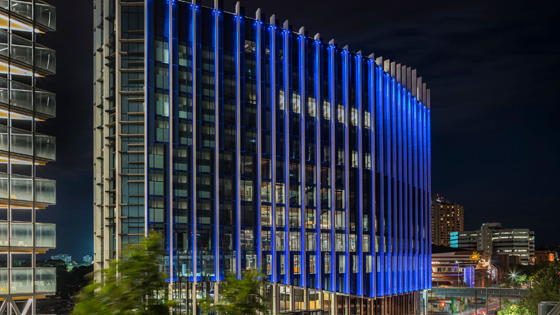
When you donate to UniSA’s Cancer Research Fund today, 100% of your gift will go directly to the cause – helping those living with cancer, who have survived cancer, and all of us who are impacted by cancer.
The University of South Australia (UniSA) is committed to tackling one of our most challenging diseases – cancer – by establishing the largest cohort of cancer researchers ever assembled in South Australia. Every day our experts are getting one-step closer to saving more lives as well as improving the quality of life for cancer survivors. But they need your help.
